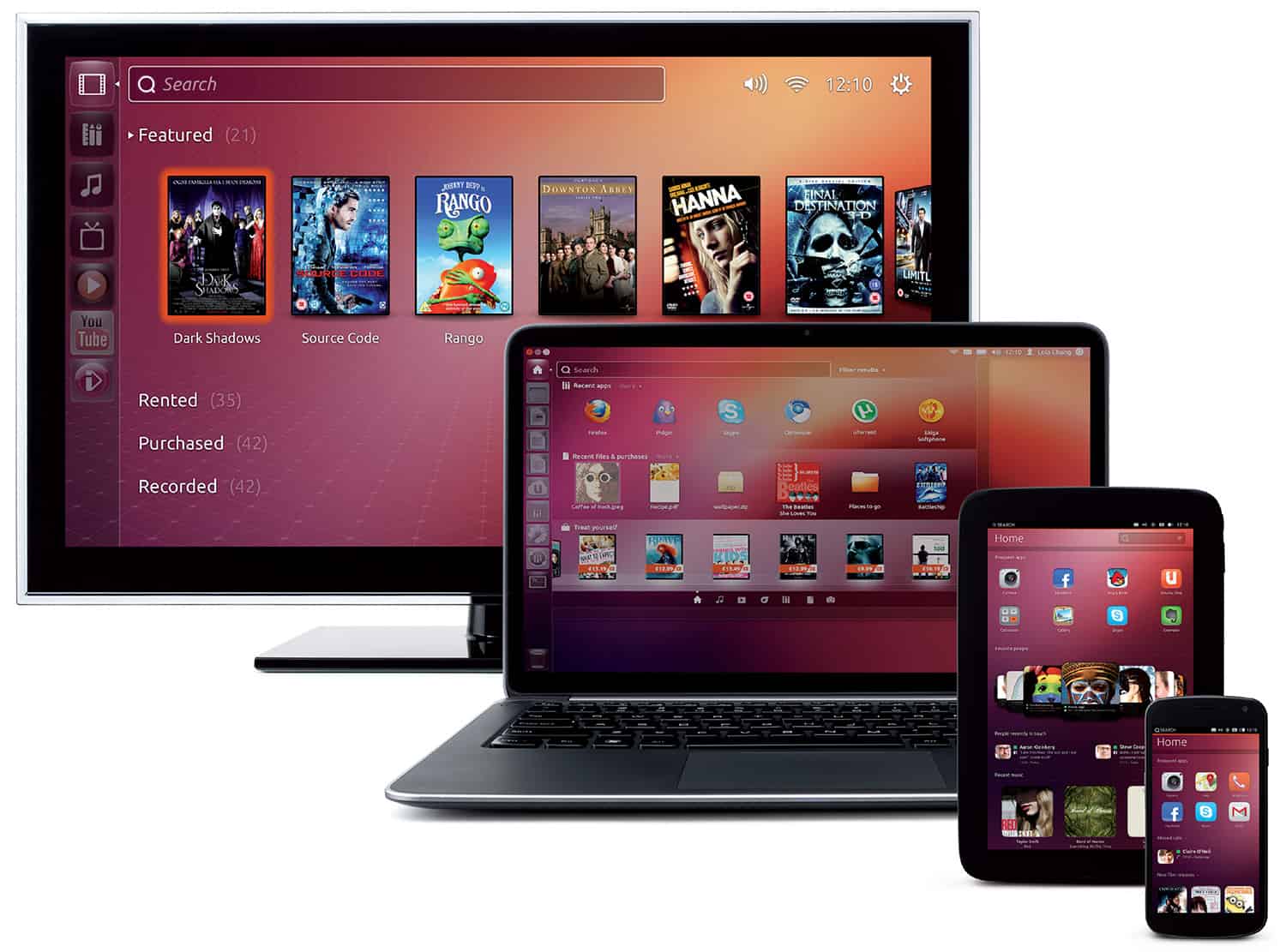Even though I still don't have my own unity8 phone, I have been part of the whole hype around Ubuntu phones. My own Ubuntu story started with Ubuntu 12.04 and around those times the first rumours of Canonical working on a mobile variant started going around. Or rather that was read from Mark Shuttleworths words. It turned out they did work on mobility but not a variant ;) .
I even made some applications for the new platform which landed me on this list(on the bottom under the name Mario Kamenjak):
https://developer.ubuntu.com/pioneers
Sadly my shirt has not reached me yet(but I blame Croatian customs, it's a long story that involves certain accents that are only in the Croatian alphabet in my address). Keep in mind that although certain phones already are on the market and even selling above expectations, the whole Ubuntu on mobiles project is still in it's alpha/beta stage. Canonical still hopes to have a convergence ready phone before the end of this year.
But well enough with that for now here are the actual reasons on why I believe Ubuntu has a more than decent chance to survive the global smart-phone market.
I even made some applications for the new platform which landed me on this list(on the bottom under the name Mario Kamenjak):
https://developer.ubuntu.com/pioneers
Sadly my shirt has not reached me yet(but I blame Croatian customs, it's a long story that involves certain accents that are only in the Croatian alphabet in my address). Keep in mind that although certain phones already are on the market and even selling above expectations, the whole Ubuntu on mobiles project is still in it's alpha/beta stage. Canonical still hopes to have a convergence ready phone before the end of this year.
But well enough with that for now here are the actual reasons on why I believe Ubuntu has a more than decent chance to survive the global smart-phone market.
1.Convergence
What Ubuntu engineers consider convergence is that they are trying to make one code work on every platform. The usability goal for that is that you can seamlessly switch your devices from desktop to mobile mode and vice versa. That means you only need one device either a tablet or a phone and that device can serve as a full powered desktop machine as well. Depending on which device mode you will be currently using the applications will adapt, And also in some circumstances you will even be able to use desktop applications on your phone or tablet, probably even with an interface that adapts itself. Also Ubuntu is aiming for 100% convergence. Unlike a certain other competitor who will even in it's next operating system have a dedicated mobile version, once Unity8 merges with desktop Ubuntu there will be no special "Ubuntu for mobiles". There will be only "Ubuntu" with one single code-base.
But why hasn't unity8 yet been merged with the main desktop? The answer is stability. And the fact that a chunk of the planned feature set has not yet been implemented.
But why hasn't unity8 yet been merged with the main desktop? The answer is stability. And the fact that a chunk of the planned feature set has not yet been implemented.
2.Scopes
Scopes are aiming to provide an innovative way for users to get their information. No need for web applications, you get your information directly to your home screen. Scopes have also the aim to reduce the amount of "bloatware" the OEM's make by giving them the alternative to make custom scopes which are already parts of system libraries. Also Canonical engineers are currently thinking on how to make scopes more interactive, or even how to preview some information more efficiently. Currently when you click or tap on some article in a scope it opens the web browser, however Ubuntu engineers are trying to think of ways how to replace the web browser in such interaction with scopes.
3.Canonical's ecosystem
Canonical will not enter the smart-phone market with empty hands. The number of application in Ubuntu's mobile application store is already in the thousands. Plus you will be able to use all the desktop applications as well. Also over the years Canonical has been jumping trough hoops to build up it's ecosystem. There is Ubuntu snappy core, and even the whole snappy buzzword with everything that comes with it and there are Canonicals IoT efforts. They have been in talks with the bigger chunk of the mobile industry, many OEM's and as I have read "Network carriers are literally waiting to jump on it." The current Ubuntu Desktop will also be a great contributing factor to the phone ecosystem.
4. Mobile computers, not phones
I have made several polls about how smart-phone users use their phones. I have asked people if they use their smart-phones more as phones(calls and texting) or as computers(everything else). Even though I expected them to say that they use them more as computers, the results were still shocking. The overwhelming majority (85%) stated that they use their smartphoe as a computer more often than they use it for it's phone capabilities. It seems that calls and SMS have become just another feature.
And this is exactly where Ubuntu's convergence will come. With it your smart-phone will actually be a computer (even a desktop one). You have a full powered traditional Linux, not a cut down and hidden beneath several layers one on your phone.
And this is exactly where Ubuntu's convergence will come. With it your smart-phone will actually be a computer (even a desktop one). You have a full powered traditional Linux, not a cut down and hidden beneath several layers one on your phone.
5. Innovation
As you may have noticed I have been following this roject quite extensively. I have been reading the news, I have visited and asked them questions in Q&A sessions and I even have many of their engineers and community personnel available on social networks(those guys quite like Google+ like I do). And other than the scopes and convergence mantra there is another third mantra: "We aren't copy cats." Ubuntu unity8 has some revolutional changes. When talking with Ubuntu engineers none of them wil take the words "But this is how Android/WP/iOS do it." as an argument. Because if you want to make a better product you have to risk to try and make something that is better and not just equally as good. More and more customers are also becoming bored by current smart-phone designs, and there is Ubuntu's chance as well, this is where scopes jump in.
6. It is easy (and fun) to develop for
This is a very good one. It is extremely easy to develop applications for Unity8. The programming languages you can use are QML, HTML5, python, C++, C,javascript and there is support for Java files. But the good part is that there are QML and HTML5 API's. Rumours are that even a C++ API might come but I have heard that from only one person. It is a rarity that a Linux distribution provides an API. And now another great thing...Every first time Linux programmer learns the pain of how hard it is to package .deb or .rpm files. That is completely gone, Ubuntu's .click and soon to be .snappy packages will be packaged in seconds.
Also I really like QML. To demonstrate how easy it is I will just tell you this story. I used to be a Java developer. However I instantly fell in love with QML's syntax. When I was making my first Ubuntu application with QML all I had to do was to download and install the Ubuntu SDK, read 2 tutorials, package the application and then I sent it to the store where it was approved in seconds. All of that happened in 45-60 minutes.
For those of you who want to develop applications for multiple operating systems, there is an HTML5 API.
Also I really like QML. To demonstrate how easy it is I will just tell you this story. I used to be a Java developer. However I instantly fell in love with QML's syntax. When I was making my first Ubuntu application with QML all I had to do was to download and install the Ubuntu SDK, read 2 tutorials, package the application and then I sent it to the store where it was approved in seconds. All of that happened in 45-60 minutes.
For those of you who want to develop applications for multiple operating systems, there is an HTML5 API.
That is it. I hope I haven't missed anything and I hope the article was interesting :)






No comments:
Post a Comment